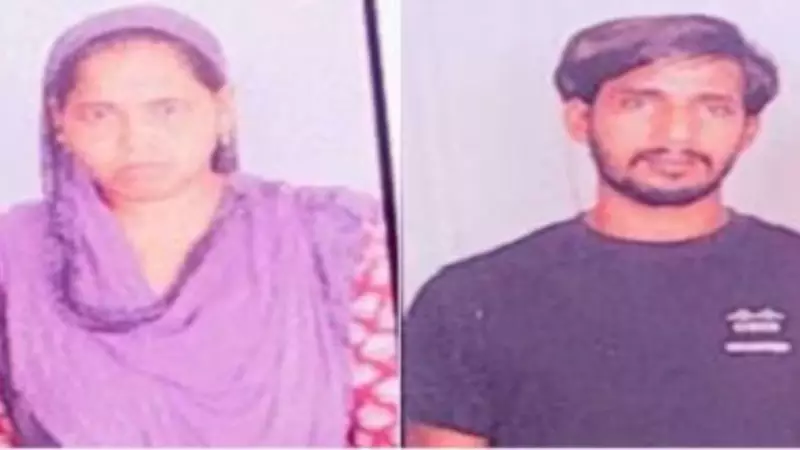
In a dramatic courtroom development, the Calcutta High Court has initiated contempt proceedings against authorities for their failure to produce family members who were controversially deported from the state. The bench, expressing deep frustration, demanded immediate answers about the whereabouts and condition of the displaced individuals.
Judicial Fury Over Missing Family Members
The High Court bench, comprising Justices Harish Tandon and Hiranmay Bhattacharyya, did not mince words when government lawyers failed to provide satisfactory explanations about the family's current location. "Why have they not been produced before this court?" the judges demanded, highlighting the seriousness of the situation.
Authorities Face Stern Questions
Government representatives found themselves in the hot seat as the court grilled them about the deportation circumstances and the family's current status. The judges emphasized that mere assurances were insufficient, requiring concrete evidence and immediate action to resolve the humanitarian crisis.
Broader Implications for Migrant Rights
This case has significant implications for how deportation matters are handled in India, particularly concerning family units and vulnerable individuals. The court's strong stance signals that arbitrary actions without proper judicial oversight will not be tolerated.
What Happens Next?
The court has given authorities a strict deadline to comply with its directives and produce the family members. Failure to do so could result in severe consequences for the responsible officials, potentially including fines or other punitive measures.
This developing story represents a crucial test case for migrant rights and judicial authority in West Bengal, with the entire legal community watching closely to see how the situation unfolds in the coming days.





